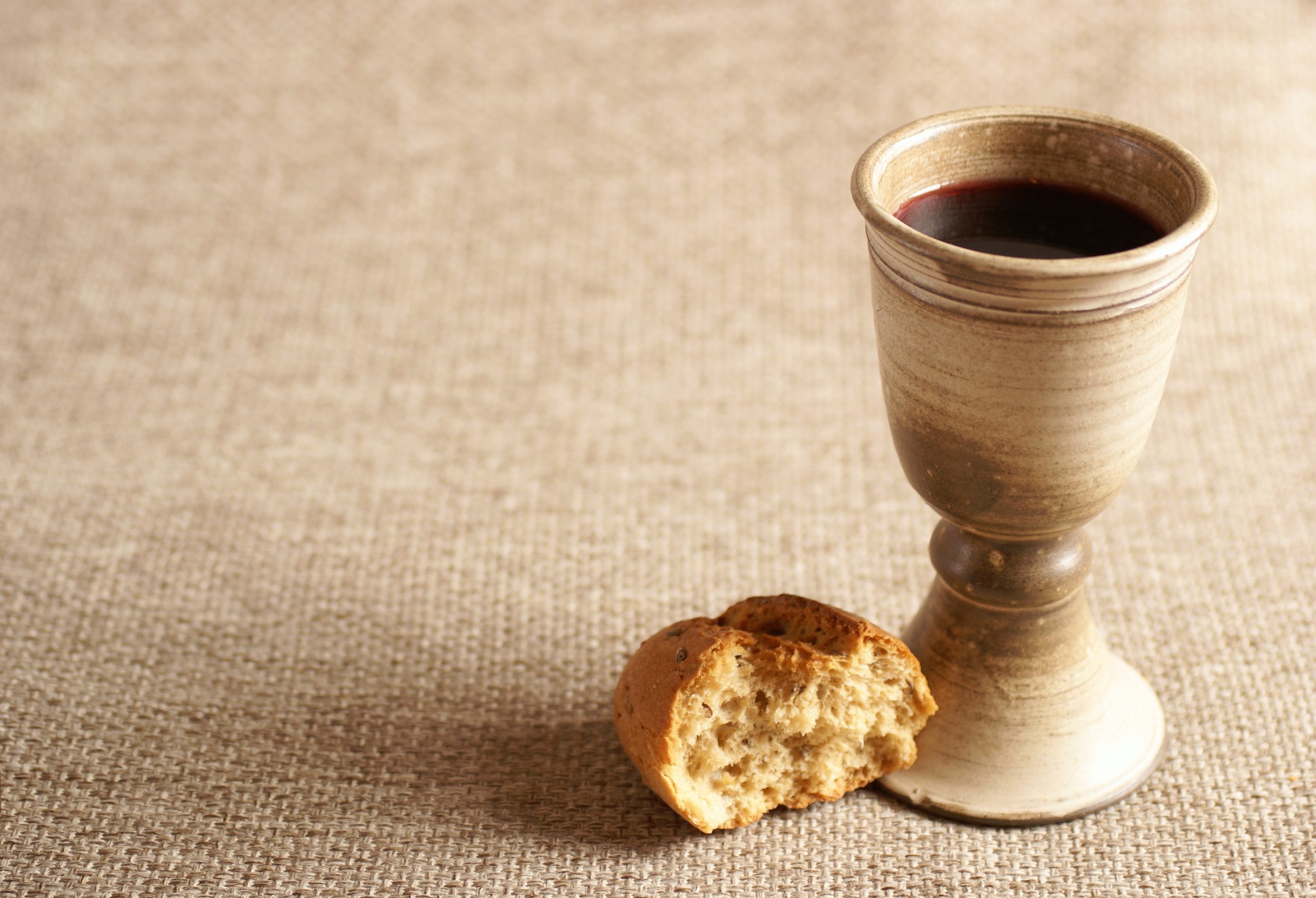Luke 22: 19 says that Jesus “took bread, gave thanks and broke it, and gave it to them, saying, “This is my body given for you; do this in remembrance of me.”
What does Remembrance mean? In simple terms, it is the action of remembering something.
When the disciples celebrated communion in the early church (in the book of Acts) they would have had actual memories of what happened. They were there. They saw Jesus take the loaf and break it. They heard his words: they tasted the unleavened bread; they watched and heard the wine being poured and they recalled its flavour. They probably even still pictured the puzzled look on each other’s faces as Jesus used the familiar Passover celebration to predict his own death.
But, for everyone else in the growing Jerusalem church and in the Christian communities emerging throughout the known world, they wouldn’t have had an actual memory of the last supper.
They weren’t there.
And yet, Paul encouraged the new churches to remember as if they had been there: writing to the Corinthian church he said, “The Lord Jesus, on the night he was betrayed, took bread, and when he had given thanks, he broke it and said, “This is my body, which is for you; do this in remembrance of me.” In the same way, after supper he took the cup, saying, “This cup is the new covenant in my blood; do this, whenever you drink it, in remembrance of me.” (1 Cor 11: 24)
What would it have meant for Paul and Corinthians to remember? What might it mean for us to remember? Seeing as we weren’t there.
Perhaps it is to do with trying to imagine being there – trying to picture the scene. Living the events of that night in your mind’s eye. That is an appropriate thing to do and can be helpful.
But perhaps it is also a decision to mark something that occurred in history as so important that to forget it would be as serious as the foundation dropping out of your house. Everything would collapse. The Last Supper continues to be spoken about today because it draws us again to the foot of the cross.
And if we lose sight of the cross, what hope do we have?
When we share the last supper together, remembering it as best as we can in our mind’s eye, we are reminding ourselves again that This is everything.
Everything I am and everything I have; everything we are and everything we have is because of what Jesus did on the cross for me: Forgiveness for the past, grace for today and bright hope for tomorrow all flow from that weekend in history when Jesus paid for our sins with his life and then conquered death by His resurrection.
Nothing is more important than this.


